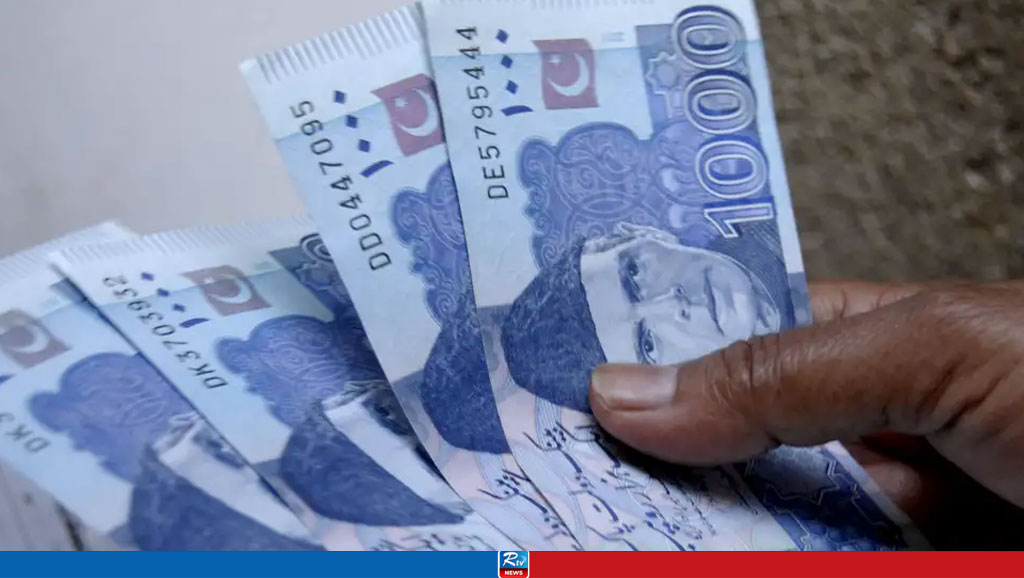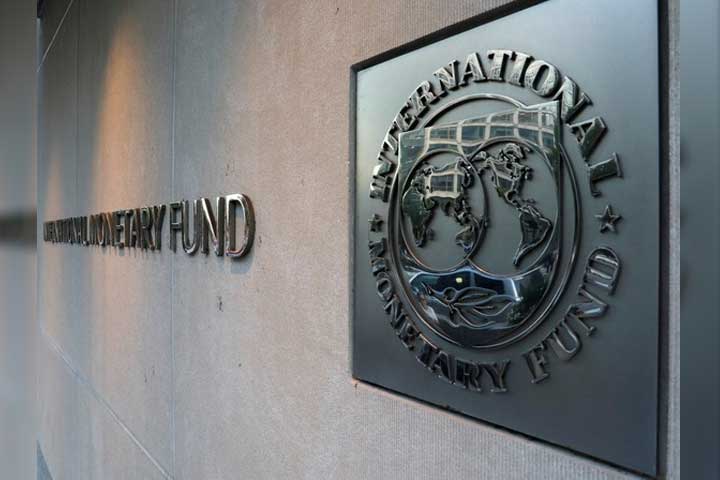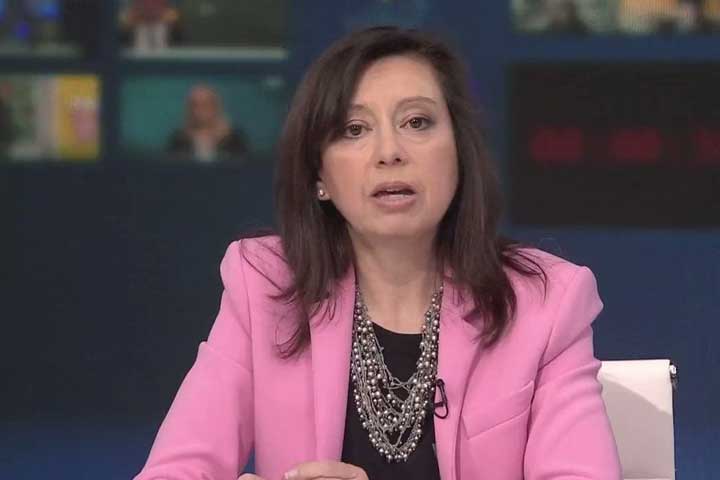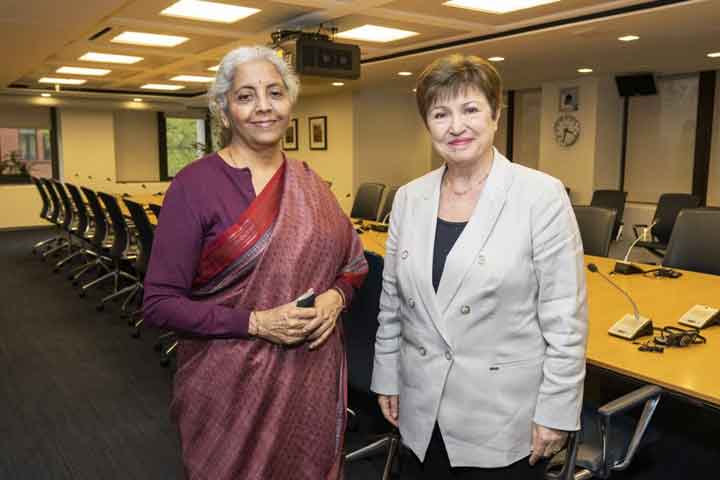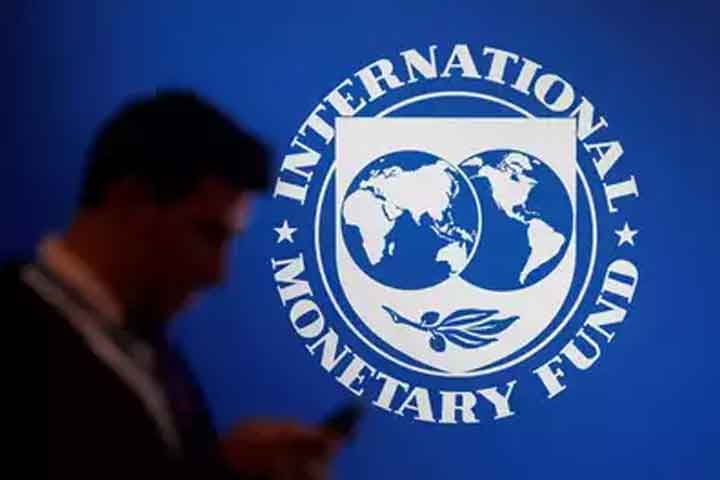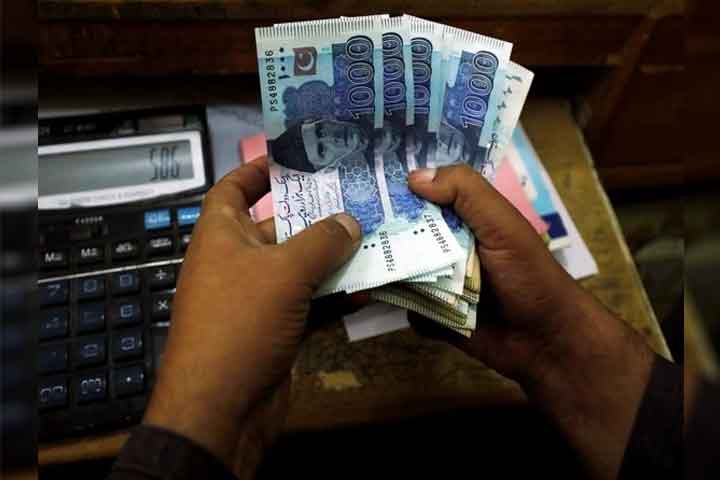US ‘Brokered’ Pakistani Weapons Transfer to Ukraine In Lieu Of IMF Bailout – American Media Claims
US ‘Brokered’ Pakistani Weapons Transfer to Ukraine In Lieu Of IMF Bailout – American Media ClaimsAn investigation by the American nonprofit news organization, The Intercept, has revealed how Washington brokered a deal by which secret Pakistani arms sales to the US helped to facilitate a controversial bailout from the International Monetary Fund.
Although numerous reports have pointed out that Pakistan has been supplying weapons to Ukraine, these were dismissed as false reports, with neither the Pakistani nor Ukrainian side responding to queries.
The revelations, “U.S. Helped Pakistan Get IMF Bailout with Secret Arms Deal for Ukraine,” on September 17, 2023, exposed a devious design more sinister than could have been imagined with the complete involvement of the United States in a ‘Bombs for Bailouts’ plan offered to Pakistan.
With access to secret documents and insiders, The Intercept broke the story about a brokered deal that allowed Pakistan’s military to postpone elections, deepen a brutal crackdown, and jail former Prime Minister Imran Khan.
Once Khan was ousted and the Pakistan military was at the helm, Islamabad emerged as a supporter of the US and its allies in the Ukraine war. Pakistan was then rewarded with an IMF loan.
Backhand Deal Entered In Secret
According to the in-depth report, a month before a June 30 deadline for the IMF’s review of a planned billion-dollar payment, Pakistani Ambassador to the US Masood Khan sat down with Assistant Secretary of State Donald Lu at the State Department in Washington, D.C. on May 23, for a meeting about how Pakistani arms sales to Ukraine could shore up its financial position in the eyes of the IMF.
The Intercept says, “Lu told Khan at the May 23 meeting that the US had cleared payment for the Pakistani munitions production and would tell the IMF confidentially about the program.”
On June 29, a day before the original IMF program expires, the IMF announced that instead of extending the previous series of loans, the bank would enter a “Stand-By Arrangement” — with fewer strings attached, more favorable terms, and valued at US$ 3 billion.
A source within the Pakistani military leaked papers and emails to The Intercept about the arms transactions to buy Pakistani military weapons for Ukraine, with US officials including American and Pakistani contracts. As part of this arrangement, even the UK’s Ministry of Defence entered a deal with the Pakistan Ordnance Board to supply arms to Ukraine.
Slew Of Arms Reach Ukraine From Pakistan
As Ukraine grappled with shortages of munitions and hardware, the presence of Pakistani-produced shells and other ordinances by the Ukrainian military has surfaced in open-source news reports about the conflict. However, neither the US nor the Pakistanis have acknowledged the arrangement.
Headquartered in Wah Cantt, Punjab, Pakistan, the Pakistan Ordnance Factories (POF) have provided a range of arms and ammunition to the Ukrainian Military. These include:
122mm Yarmuk HE-Frag rockets,
122mm howitzer shells,
155mm artillery shells,
M4A2 propelling bag charges,
M82 primers,
PDM fuses,
M44A2 120mm HE mortar bombs,
130mm shells,
40mm RPG7 HEAT ammo,
12.7×99 MM armor-piercing cartridges,
12.7×108 mm bullets, and
7.62×54mm bullets
Since Washington brokered the deal, Pakistan has stepped up military supplies to Ukraine via a German port, simultaneously with the Poland route, to transfer rockets for use in multi-barrel rockets.
Quid Pro Quo Will Be Military Helicopter Parts To Pakistan
As an acknowledgment of Islamabad’s help, Ukraine will supply spare parts for Mi-17 helicopters to Pakistan. The spare parts and helicopter engine, worth US$1.5 million, will be provided by the Ukrainian company Motor Sich JSC to Pakistan.
Of course, the quality of Pakistani weapons is another matter. Ukrainian military leaders have reportedly expressed dissatisfaction with the quality of rockets supplied by Pakistan. There are reports of Pakistani ammunition causing injuries to Ukrainian soldiers.
Zelensky’s commanders from the 17th Tank Battalion are complaining about the poor-quality rockets. The commander in Bakhmut of Ukraine’s eastern region said the missiles from Pakistan are “not of a good quality.”
Meanwhile, as increasing reports of Pakistani supplies of weapons to Ukraine surfaced, Ukrainian Deputy Foreign Minister Emine Dzhaparova visited India in April 2023. She tried to assure New Delhi that Ukraine, for many years, “has had military contracts with Pakistan” and that Kyiv’s relations with Islamabad are not targeted against India
More recently, Ukraine and Pakistan have come out in the open about reports claiming Pakistan supplied weapons to Kyiv amid war with Russia. On July 20, Pakistani Foreign Minister Bilawal Bhutto Zardari and Ukrainian Foreign Minister Dmytro Kuleba held a joint press conference where they agreed to reinvigorate their bilateral agreements.
A planned ‘Ukrainian-Pakistani Commission on Economic Cooperation’ will likely be inaugurated soon. Pakistan is set to supply fresh arms consignments as Ukraine faces a depleting Western weapons stockpile amid a ‘failed counter-offensive’ against Russia.
According to a report in the Economic Times, close on the heels of the Ukrainian foreign minister’s visit, Islamabad has approached a Gulf state for shipping the next consignment of arms to Kyiv via Poland. Pakistani shipping firm Project Shipping contacted a shipping firm in the Gulf to identify vessels bearing US flags to ship cargo of 150 containers of 25mm cartridges to Ukraine.
Pakistan Sets Up Firm In Warsaw For Ukraine Arms
Pakistan defense trading firm Kestral Trading has established a firm in Warsaw, under the name ‘Balferrten Investments’ to take care of the logistics of supplies to Ukraine.
But even as Pakistan is said to supply weapons to Ukraine to make profits constantly, Russian President Vladimir has signed a memorandum to develop Afghanistan’s thermal coal power sector.
While Pakistan was already expected to be part of the energy deal with Russia and Iran, including Afghanistan is likely to irk Islamabad given the current tussle between Islamabad and Kabul over border issues. When it comes to doing business with the West during the war, Pakistan has again found its ground in the Ukraine war, just as it did almost four decades ago during the Afghan war and after 9/11.
At the start of the war in February 2022, Pakistan sent military and humanitarian assistance to bolster Kyiv’s ground forces. Now that these reports of brokered deals over the IMF bailout surface, it would not be far-fetched to reflect that Pakistan was removed from the FATF grey list when it began supplying weapons and other aid to Ukraine at the bidding of the West.
Discredited for being a terror state, Pakistan is now using the Ukraine war to regain its favored status as a faithful ally of the West.
21 Sep 2023,15:14














 Live Tv
Live Tv
